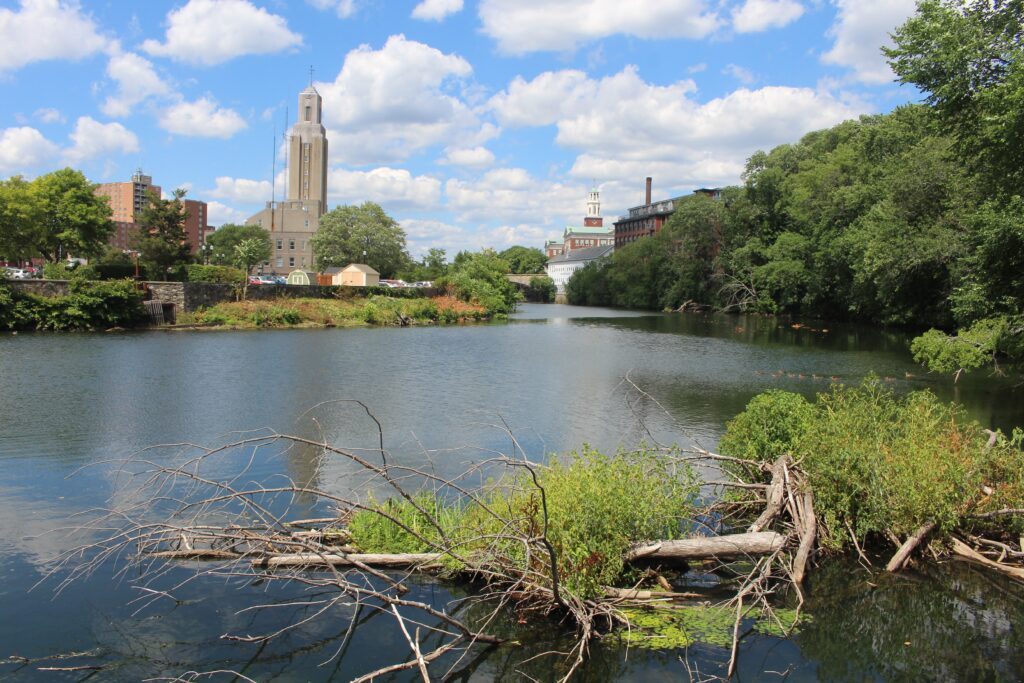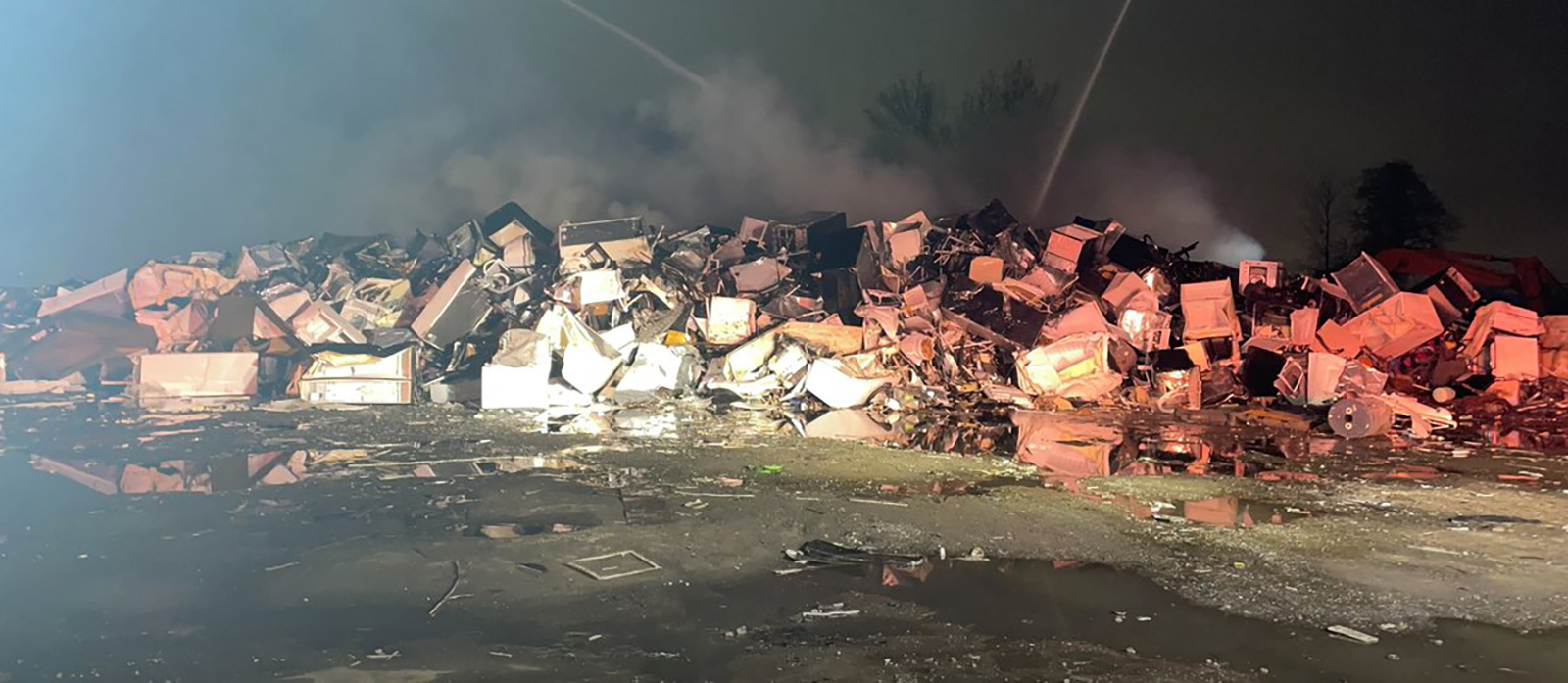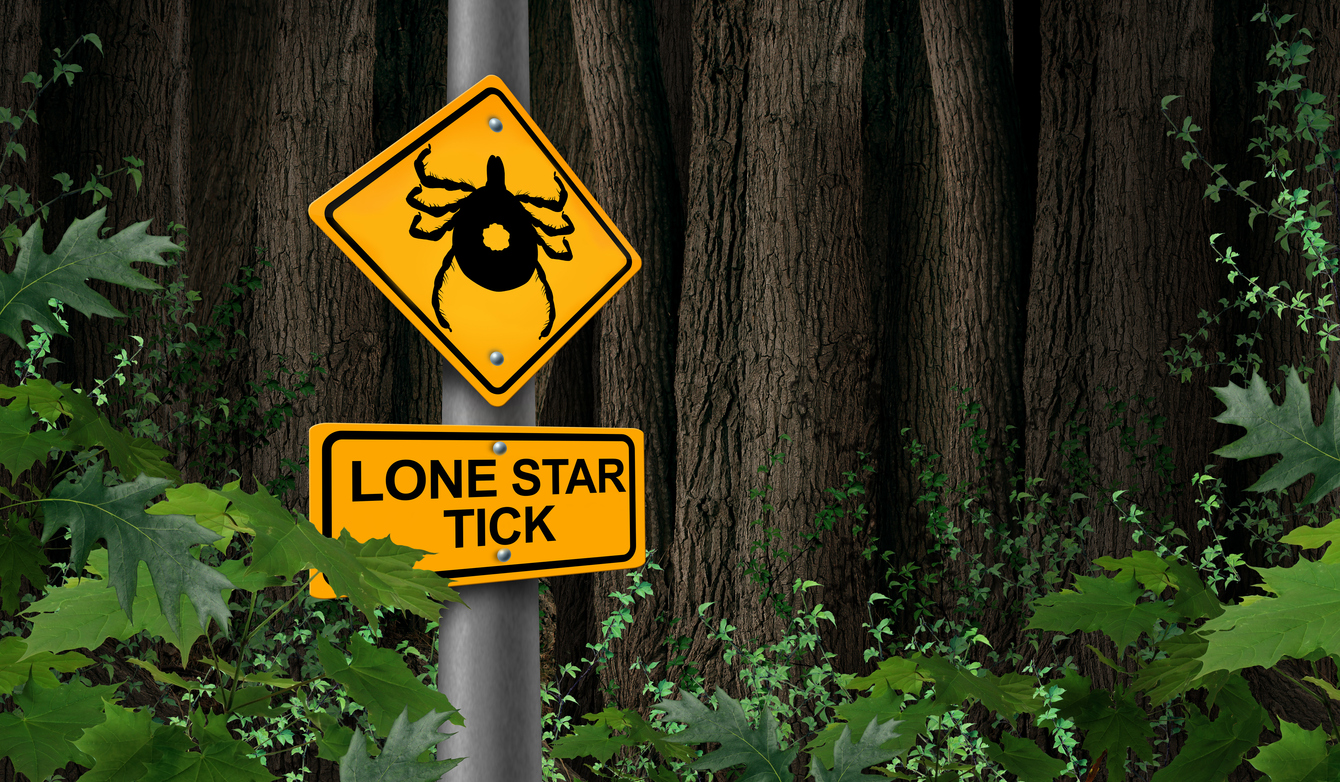Blackstone River Commons Paddle to Explore ‘Hidden’ Waterway’s Charm
August 8, 2022
From Aug. 11-14, a group of advocates for the Blackstone River will travel its entirety, from Worcester, Mass., to Narragansett Bay, to draw attention to the work that has been done to improve the river and what more still needs to be accomplished.
This year’s Blackstone River Commons Paddle is loosely modeled after Expedition 2000, which took paddlers through the Blackstone more than 20 years ago and similarly showcased the river. The paddle also comes just a few weeks before the 50th anniversary of the ZAP the Blackstone, which was the largest one-day regional environmental cleanup in U.S. history and a major step toward cleaning the defiled river.
As the paddlers travel 60 miles over four days, special events to celebrate the river will be hosted on land.
The paddle will open with a ceremony at the Worcester Visitor Center on Thursday, Aug. 11. Then on Friday, the public is welcome to attend the free RiverFest from 3-7 p.m. at the River Bend Farm Visitor Center in Uxbridge, Mass. The festival will include food trucks, live music, and games.
On Sunday, members of the public can register to join the paddlers for the last 4 miles of the river, with boats available on a first-come, first-served basis. The event culminates in a celebration at Narragansett Brewery in Providence on Aug. 14 at 4 p.m., with a screening of the film “Kittacuck Speaks,” made by the Blackstone River Watershed Council/Friends of the Blackstone, in concert with the Rhode Island Rivers Council, and remarks from local environmental officials and river advocates.
Emily Vogler, an associate professor of landscape architecture at the Rhode Island School of Design, came up with the idea for the paddle as a part of her project called the Blackstone River Commons, working with many partners including the Narragansett Bay Estuary Program (NPEB), the recently established Blackstone Watershed Collaborative, the Blackstone River Watershed Council/Friends of the Blackstone, the Rhode Island Canoe and Kayak Association, and Save The Bay.
Vogler’s project aims to “reclaim the river itself as a commons and advocate for the need for stewardship and care and protection of those shared resources moving into the future,” she said. Vogler has been collaborating on the project with graphic designer José R. Menéndez, of counterform studio, and plans to hold other pop-up events celebrating the river. The Commons is also pulling together an anthology filled with archival material, interviews, and letters from community members and gifts from artists to the river.
Vogler, who is from New Mexico and has a close relationship with her “home river,” the Rio Grande, said that she had always wanted to paddle the entire Blackstone River when she first moved to Rhode Island to teach.
In February 2020, Vogler applied for a grant in a partnership with NBEP to work on a project exploring the Blackstone which would become the Commons, but its start was delayed because of COVID.
From an academic and historic perspective, Vogler said she was interested in the “particularly complex history” of the river through the history of the Nipmuc and Narragansett Indigenous people, “intense industrialization,” and now the de-industrialization of the area.
“As we look up the valley, we see all these amazing communities that are entirely oriented both architecturally or urbanistically toward the river,” she said. “But what’s happened is, in this kind of post-industrial era, people have really turned their backs to the river.”

Along with celebrating the massive Blackstone River cleanup of 1972 and the passage of the Clean Water Act that same year, this paddle also comes after NBEP published the Blackstone River Watershed Needs Assessment last year.
The paddle aligns tightly with all of the needs assessment’s 20 recommendations, according to NBEP executive director Mike Gerel.
The assessment, the product of two years of meetings among dozens of organizations, lays out goals that include educating and energizing the public about the river, updating regulations to promote “nature-based” solutions, and maintaining the river for wildlife and people.
The assessment’s first goal has already been met, after the Blackstone Watershed Collaborative was established and Stefanie Covino was hired to be its program manager, in an effort to create better coordination among the many groups that care about and want to help the river.
Covino, who helped organize the paddle and will be joining Vogler in the water — and sometimes the mud because of drought conditions — for all 60 miles.
The Blackstone River is “always hidden away,” Covino said. “It’s hiding behind a highway, or down a hill, or down a steep slope covered in 15 feet of poison ivy.”
But by organizing the paddle and the events for the community surrounding it, she hopes more people will learn about the river and become invested in its protection.
“This is a resource for current and future generations, and it’s not going to be that unless we provide this active stewardship,” Covino said. “And the first step of stewardship is really knowing what’s there.”
Colleen Cronin is a Report for America corps member who writes about environmental issues in rural Rhode Island for ecoRI News.




I’m all for clean up and making something useful for activities, however, do it solely with private donations not by taxpayers. We need to quit writing govt checks for everything and instead have no income taxes. It actually is written that free people will not be taxed yet we continue to allow it and perpetuate it through govt programs.